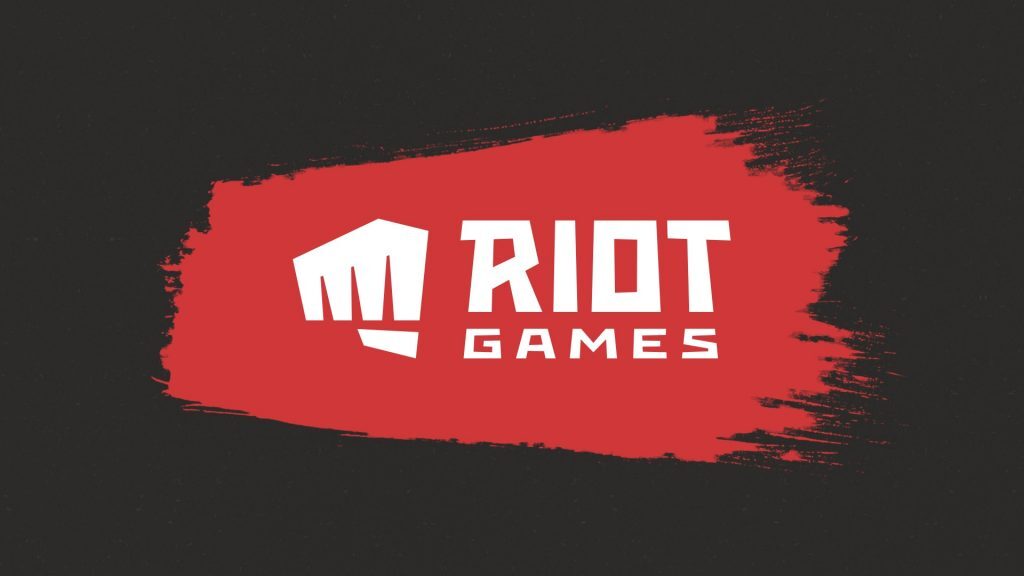Anyone who’s ventured into an everything-goes video game voice chat knows that you’re often not more than a handful of phrases away from something… unsavoury. Riot Games, the brains and brawn behind esports sensation League of Legends, wants to make its games safer and more inclusive, and is updating its privacy policy so that it can record your in-game voice chats, review them, and take any action necessary if it spots signs of harassment.
Careful what you say, Riot is listening
It’s strange to think about. On the one hand, online toxicity, particularly in the gaming sphere, is more prevalent than ever what with everyone being stuck behind their computers all day. It’s a lot harder to pin someone for it in a voice chat than it is for typed messages when you can’t actually, you know, hear the voice chat. On the other, no one likes the thought of their conversations being listened in on and possibly stored for later listens.
Riot hasn’t set up the review system yet, but will begin testing it in beta form starting in North America, before expanding out. The company also wants to assure players that this is strictly a system for moderating and subsequently punishing abusive online behaviour. Riot explains that data collection will be minimal. “When we collect data, we’ll be transparent, we’ll keep it for only as long as necessary, and we’ll protect it as if it were our own.
If you’re still not comfortable with having your voice recorded and stored, even if only for a little bit, you can always get around it by just turning your in-game voice chat off. You can simply use a third-party voice chat platform like Discord or TeamSpeak.
At time of writing Riot only intends to record Valorant voice chats, so League of Legends will be unaffected. But the bottom line is this: If you’re uncomfortable with Riot’s policies in Valorant, you don’t have to use in-game voice chat. But if you do use it, you’d better behave yourself.
Source: Engadget




